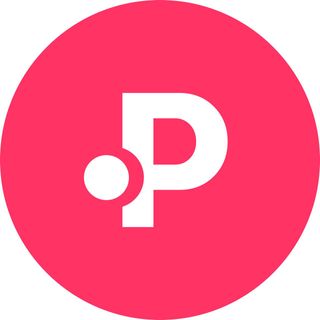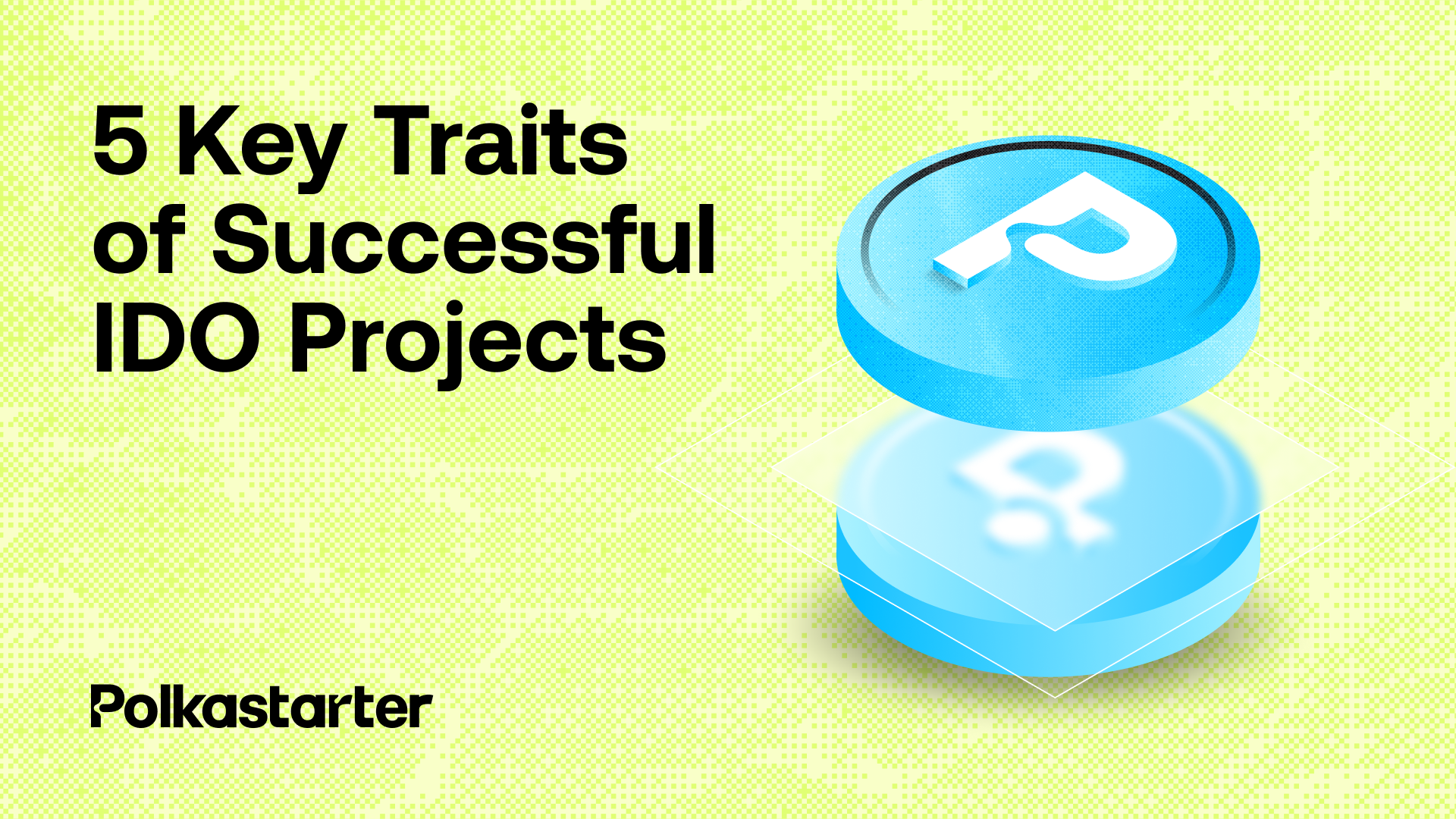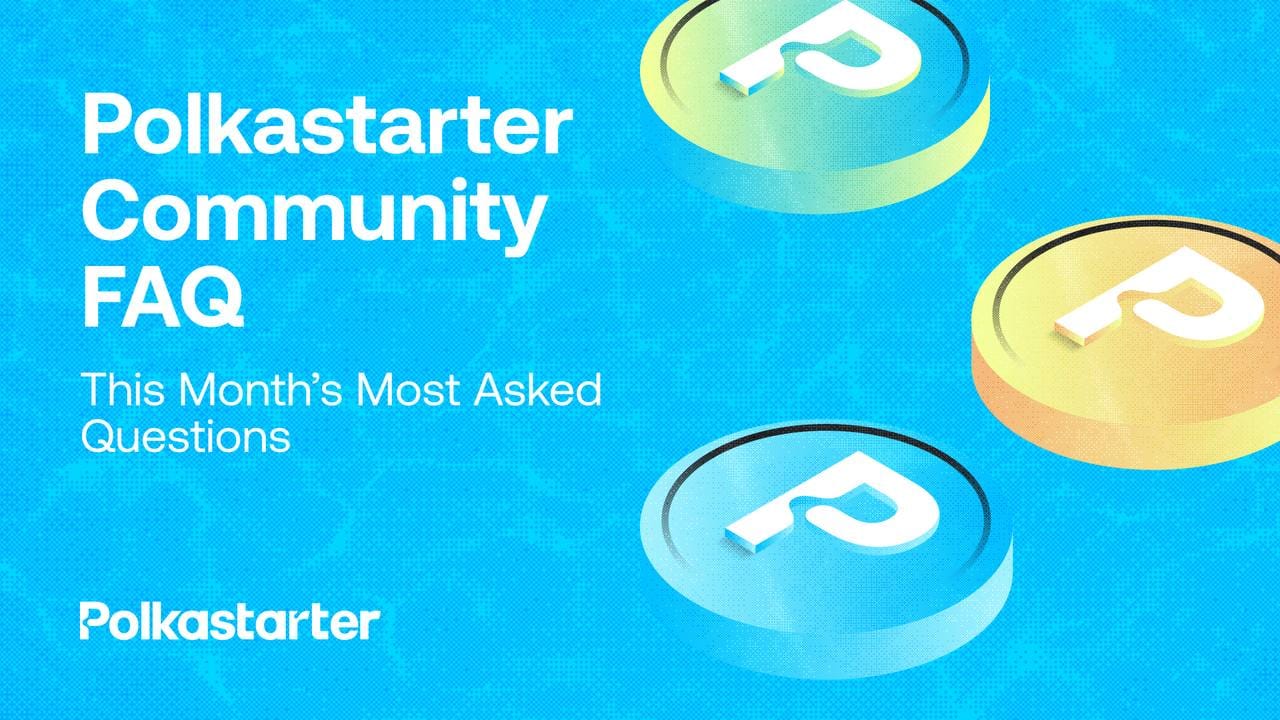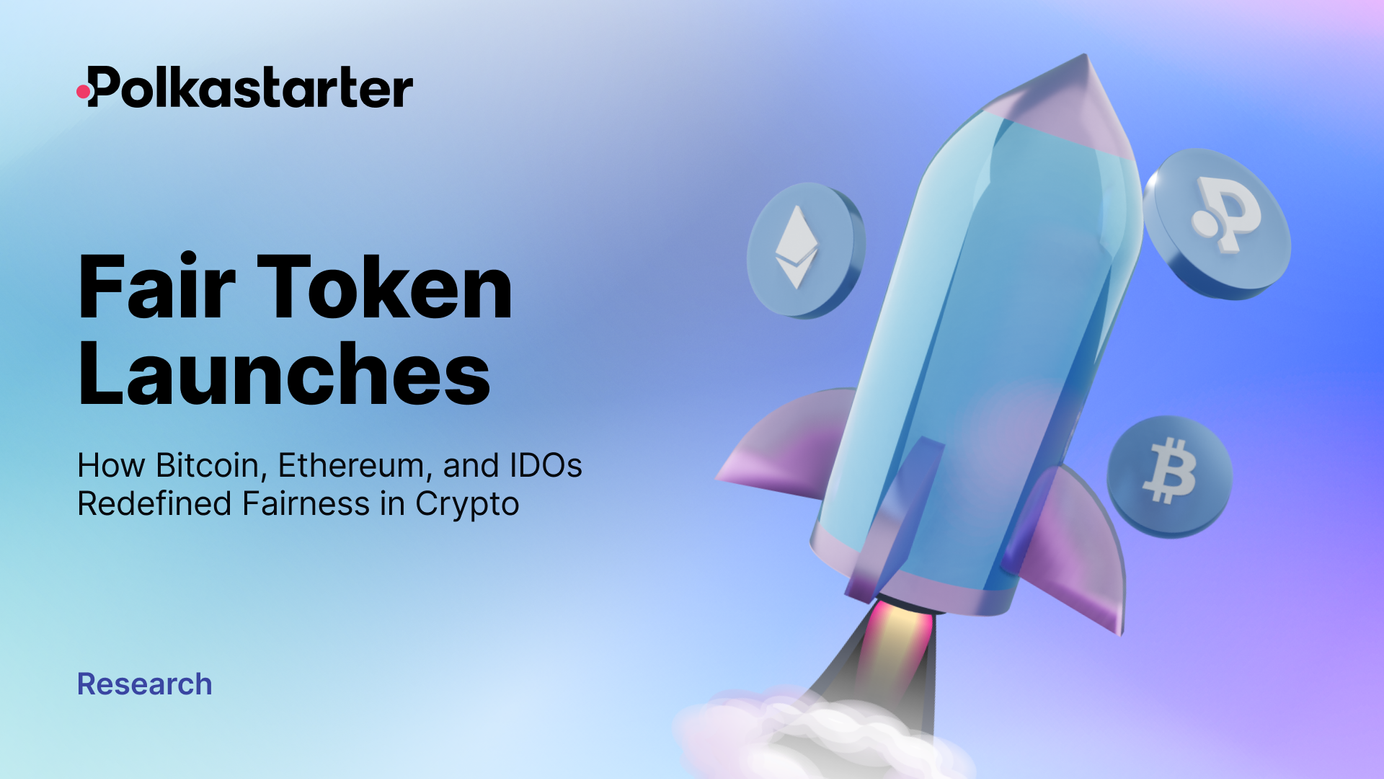
Fair Token Launches: How Bitcoin, Ethereum, and IDOs Redefined Fairness in Crypto
A historical perspective on fair token distribution and its ongoing evolution.
One of the ideals of crypto is to redistribute wealth transparently, with no party having a hidden or asymmetric advantage.
A “fair launch” is a loosely applied industry term describing token distributions following the transparency principle, both during the initial launch and throughout future unlocks of a given token.
Designing a fair token model to align the motives of all stakeholders is a daunting task. After all, what does it even mean for a launch to be 'fair'?
Instead of rigidly labeling launches as fair or unfair, it may be valuable to assess fairness on a gradient.
In this article, we explore, aim to define, and understand, what a fair token launch really is.Let’s dive in… 🤿
(Brief) History of Fair Launches
The standard for fair launches was set by the first cryptocurrency – Bitcoin.
Bitcoin
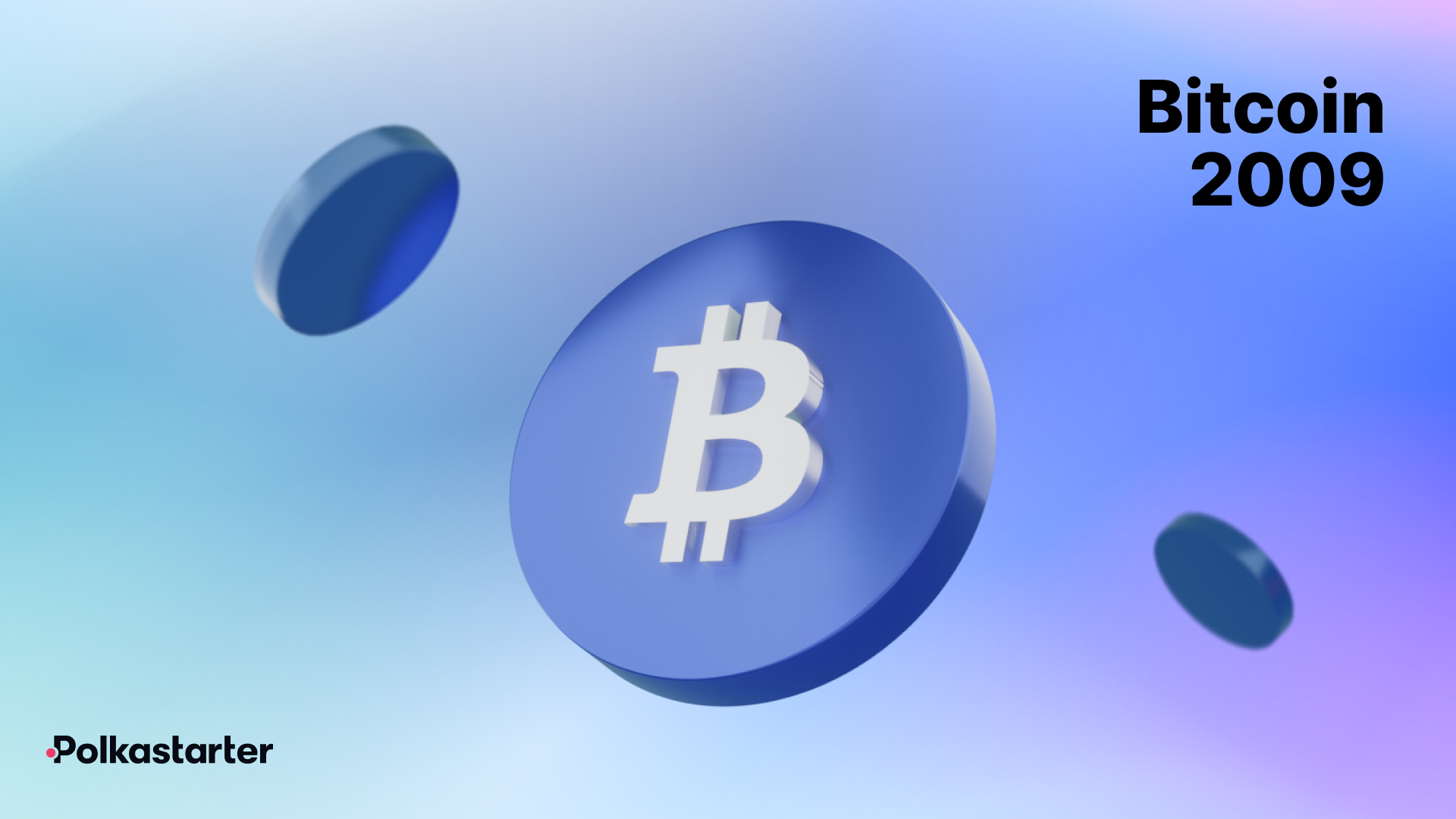
In 2009, Satoshi Nakamoto mined the genesis block of the Bitcoin blockchain, earning 50 $BTC in the process (identity technically unconfirmed, Sergio Demian Lerner refers to this first miner as “Patoshi”). Since then, all $BTC tokens have been distributed the same way: through the PoW system, with a gradual decrease in the reward allocated per block.
With no special treatment from token allocations, the $BTC distribution model is commonly considered fair. That being said, even ‘the standard’ had a small catch.
The only advantage the first miner had was in knowing the network, making them best suited to mine blocks. This mining advantage ended up rather material, and ‘Satoshi’ is thought to have mined up to 1.1 million BTC from a single miner.
Litecoin
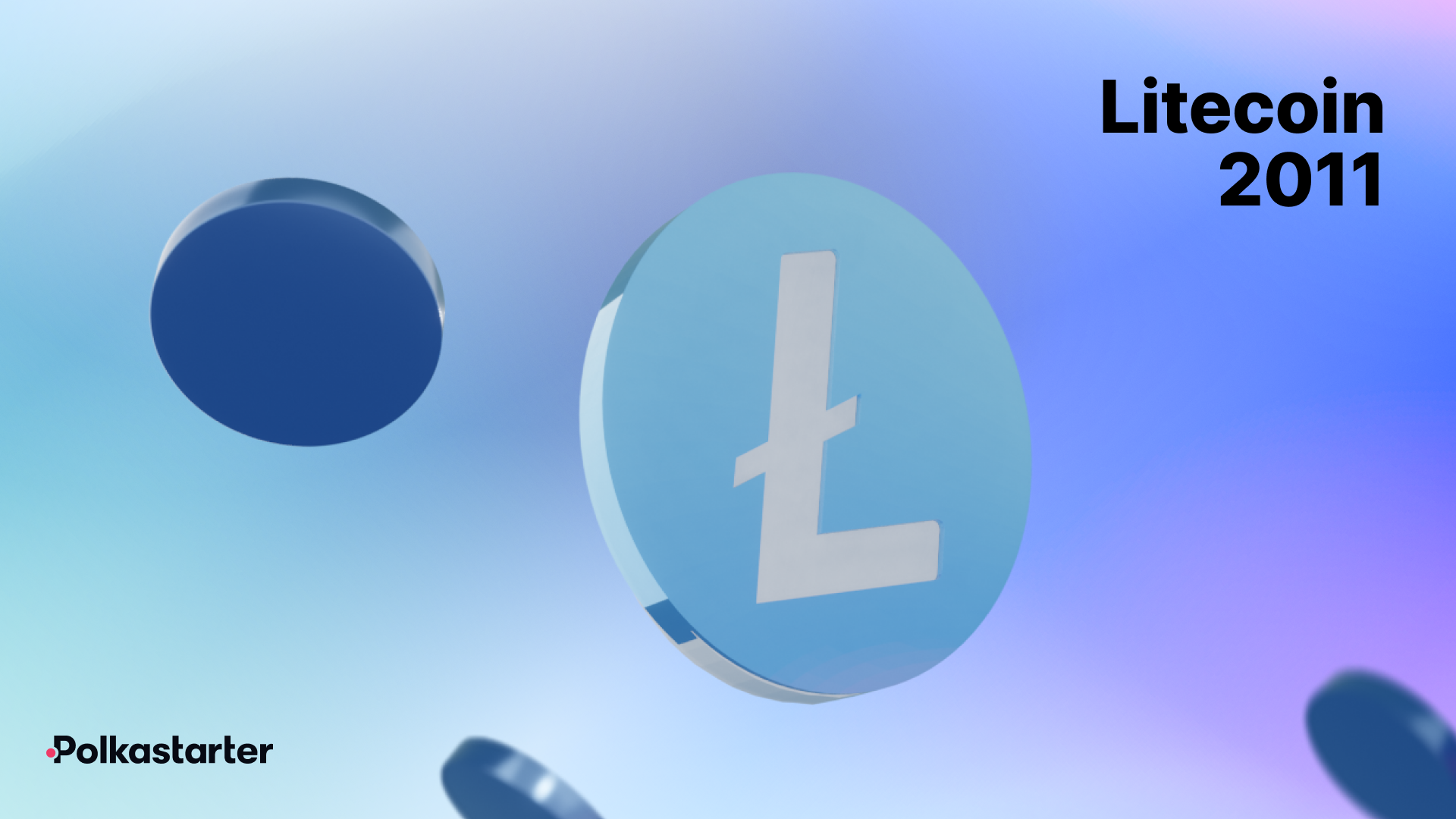
2 years later, in 2011, Charlie Lee created Litecoin.
Lee noticed that many projects were failing at the time, which he attributed to their unfair advantage in premining tokens before the public launch. A ‘premine’ is when a project creates tokens beforehand and thus not all tokens are mined causing inflation.
Wanting to create the fairest token launch to date, he made sure Litecoin gained sufficient public interest and attention before the blockchain's inaugural launch, hoping to remove any information asymmetries.
Premines in the early stages of the industry were very controversial and perceived by some as unfair. Despite this, today, practically all new ventures have a premine that they use to kickstart the project.
Ethereum
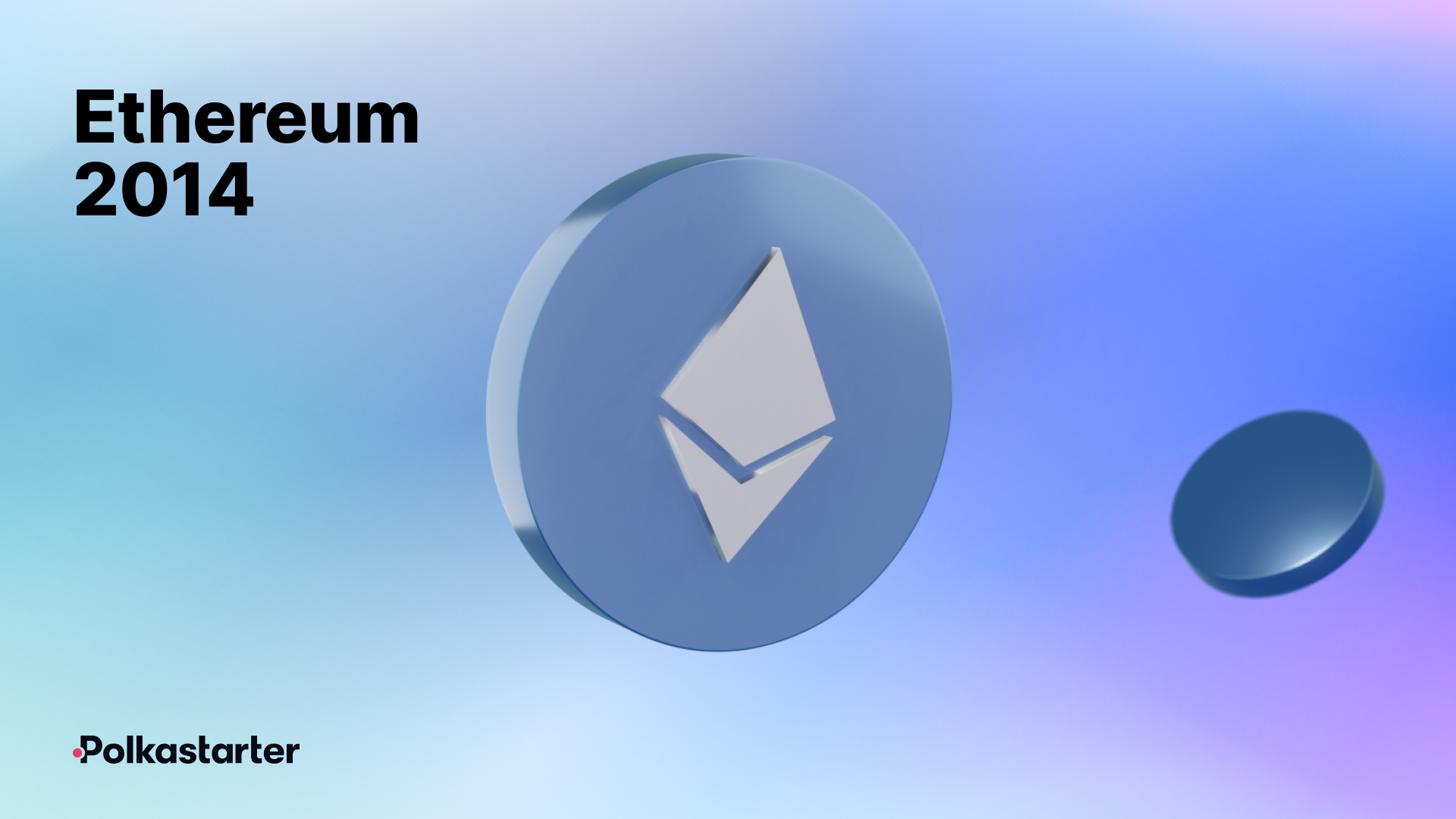
In 2014, Ethereum premined tokens, allocating 12M $ETH to the Ethereum Foundation and publicly raising $18.3M by selling 60M $ETH.
Vitalik Buterin, Ethereum’s founder, argued that the public sale premine ensured broader access to tokens, beyond miners operating expensive mining equipment.
Premine essentially created fairer $ETH access to more participants. However, discussion arose around the part of the premined tokens being allocated to the team, including Vitalik himself.
ERC-20 and ICOs
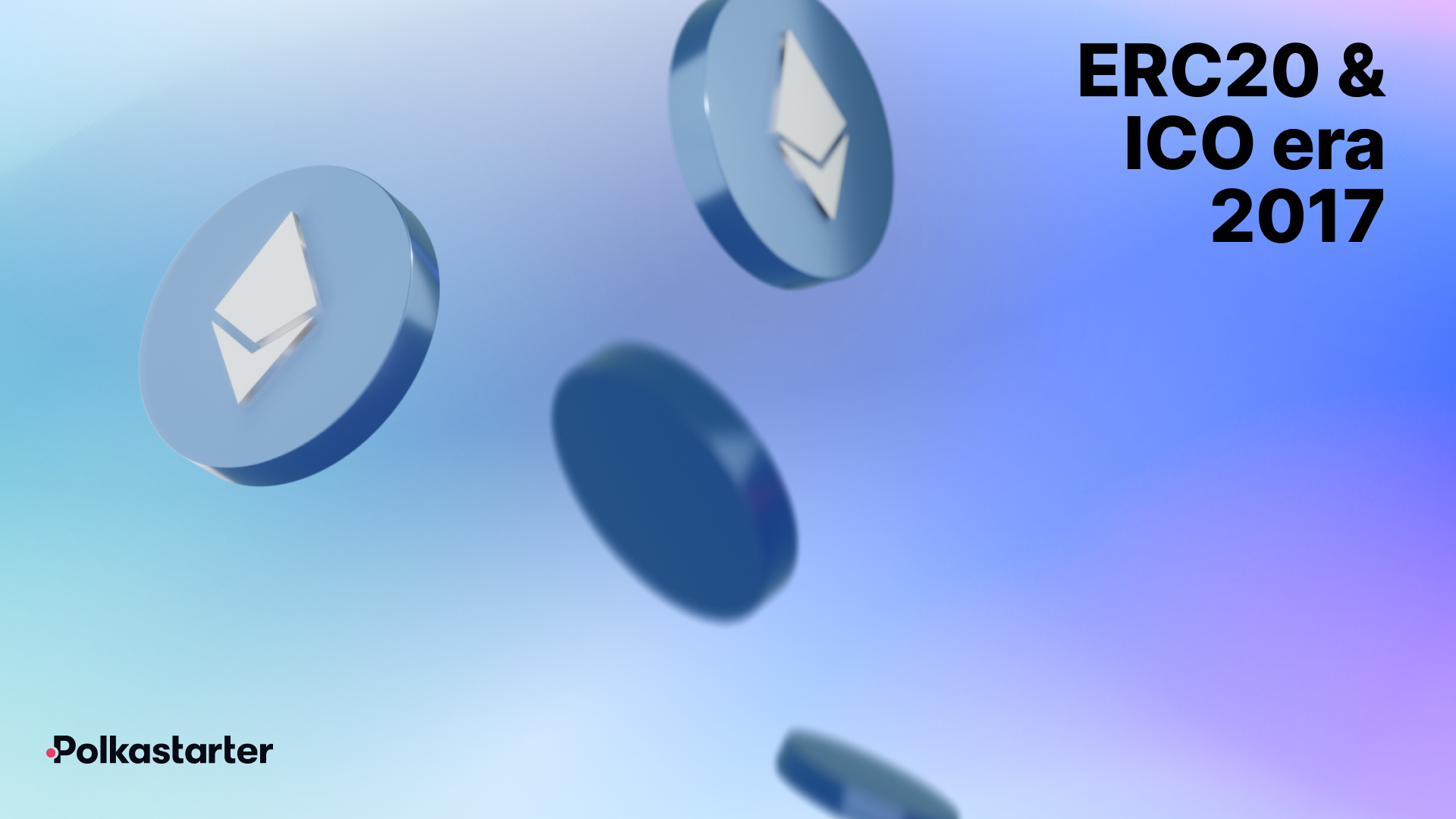
The ERC20-enabled ICO era and the following years put the ideals of fairness to the test as it was suddenly very easy to issue a new token, without the need to launch a new blockchain.
As more external VC capital entered the space and more projects were launched, the need for token launches to generate ROI increased dramatically.
Tokens were no longer just a tool to reward future contributions but also the investments of time and energy from the past. Allocation pie charts and complex vesting schedules very quickly became the norm.
DeFi summer and the last cycle

In the previous cycle, there were few launches that emphasized fairness.
Among noteworthy examples, Yearn, a DeFi protocol launched in 2020, had all tokens allocated to liquidity miners.
Another notable example is Grin, a 2019-launched privacy-preserving digital currency based on the PoW consensus mechanism. This launch was (again) controversial and many cited the high level of institutional interest as making it practically infeasible for smaller miners to compete.
However, many also defended its fairness, praising the transparency and curated PoW algorithm, noting that lengthy issuance gave everyone a fair shot – as discussed in this commonly referenced article by Arjun Balaji and Hasu.
So, What Is a Fair Launch?
As the technology and business sides of the industry develop over time, coining a timeless definition for a ‘fair launch’ becomes an increasingly futile task.
In 2022, Wulf Kaal published a paper on Fair Token Launches, in which he aggregates definitions commonly used in the industry, including the one linked in the previous section, by Balaji and Hasu. He notes: “Two notable characteristics can be discerned from the definitions above which may apply to all fair token launches:
- Fairness to the public/community by offering equal opportunities for token distribution – including, depending on the preferences for purity of the fair launch design of founders, [and] the permissible carve-outs
- Very limited opportunities for founders, developers, or other insiders to access token distribution prior to the public
Despite these two overarching characteristics, many projects have developed their own unique protocols to achieve what they believe to be a fair launch.” (source: https://wulfkaal.medium.com/fair-token-launch-bad72e16af24)
Although these are great heuristics, the acknowledgment of ‘permissible carve-outs’ and the qualitative nature of ‘limited opportunities’ make the term ‘fair launch’ potentially abstract and non-binding.
As projects turn their allocations public, it ultimately falls upon each user to judge whether the rationale behind the decisions is in line with what they consider fair. In retrospect, both Bitcoin and Ethereum could have been considered ‘unfair’, with ‘Patoshi’s’ early advantage in $BTC mining, and Ethereum’s premined tokens with insider allocations.
It’s important to note that ‘fairness’ is not a static quality but the programmatic constitution of communities that uphold it.
Promoting Fairness
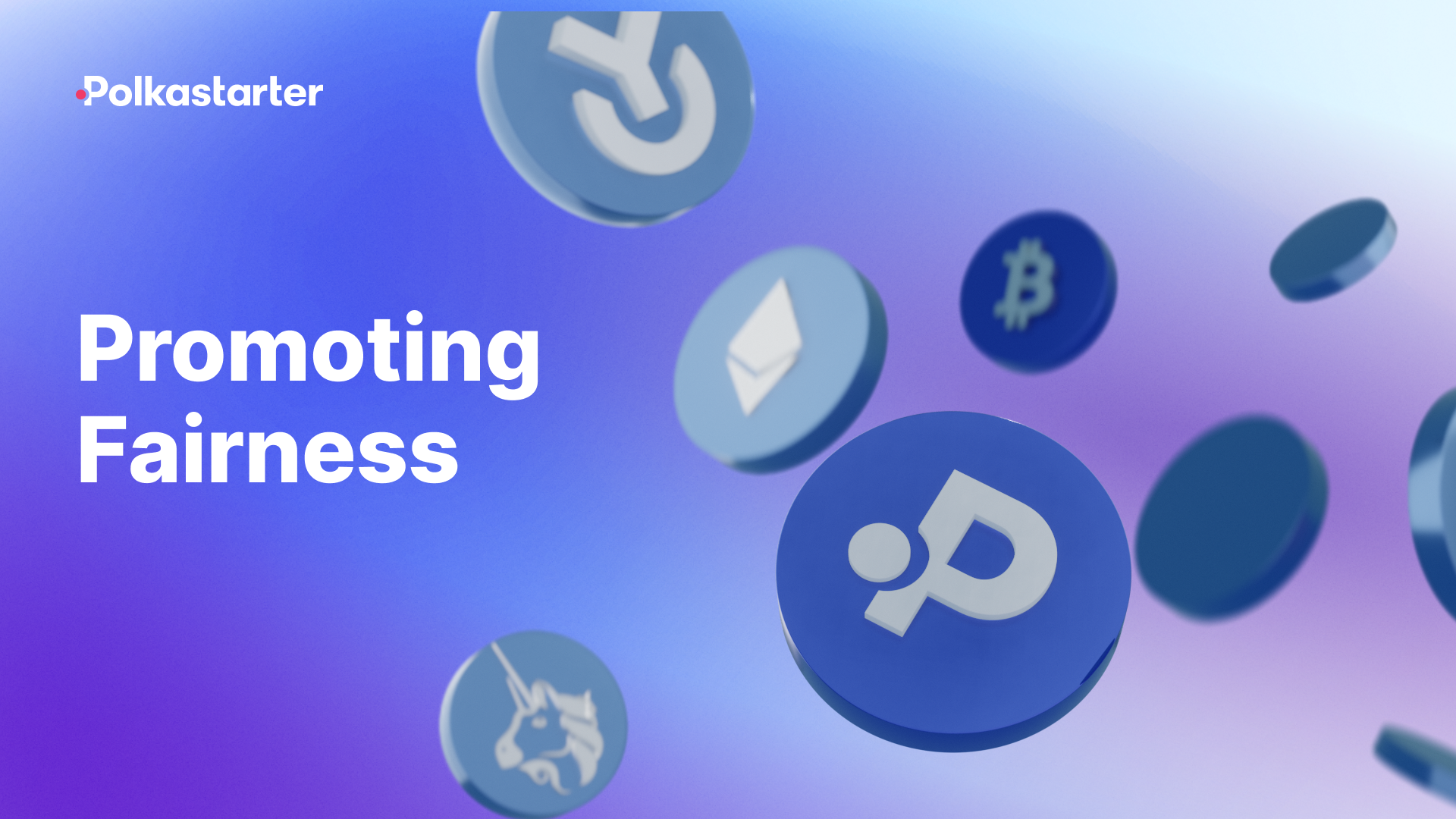
While the road to perceived fairness is undertaken over the project’s entire existence, the initial token generation event has proven pivotal. Especially, with larger allocations to teams and private investors, those initial announcements can seem more like admissions than celebrations for the general public.
It is unlikely for new projects to continue launching in a way similar to Bitcoin and Litecoin. However, there are several decisions every project can take to increase fairness towards everyone involved in their go-to-market event.
Public Token Sales
One way to increase fairness for token distribution is by offering tokens to the public in an Initial Dex Offering (IDO).
Decentralized token sales, when applied properly, enable project contributions and benefits for users that were previously gated exclusively to established institutions, promoting democratized access to the capital, and thus adhering to the initial ideals of the cryptocurrency space.
Furthermore, for projects, IDOs can provide an opportunity to decentralize token ownership and develop a supportive community that has ‘skin in the game’ in a fair manner.
With a transparent, fully on-chain verifiably random lottery process, Polkastarter aims to provide early-stage opportunities to project communities through a maximally fair participation process.
Decentralized distribution mechanisms such as IDOs can’t single-handedly ‘make projects fair’, but provide certain benefits that gradually increase the fairness of the token launch.
Conclusion
Token launches and the concept of fairness have evolved, starting from $BTC first appearance in 2011, until today, with Polkastarter setting the blueprint for a fair token launch.
We believe the crypto industry is centered around fairness and transparency, and have made it our mission to uphold that promise. We are here to enable access to innovation and fulfill the vision of those who have laid the foundation of the space.
Follow us on X to be the first one to know about upcoming IDOs on Polkastarter.
About Polkastarter
Polkastarter is the leading early-stage fundraising protocol enabling web3’s most innovative projects to kick-start their journey and grow their communities. Polkastarter allows its users to make research-based decisions to participate in high-potential public sales.
Website | X | Discord | Telegram | Instagram | YouTube
Polkastarter Blog - Latest Polkastarter News & Updates Newsletter
Join the newsletter to receive the latest updates in your inbox.

